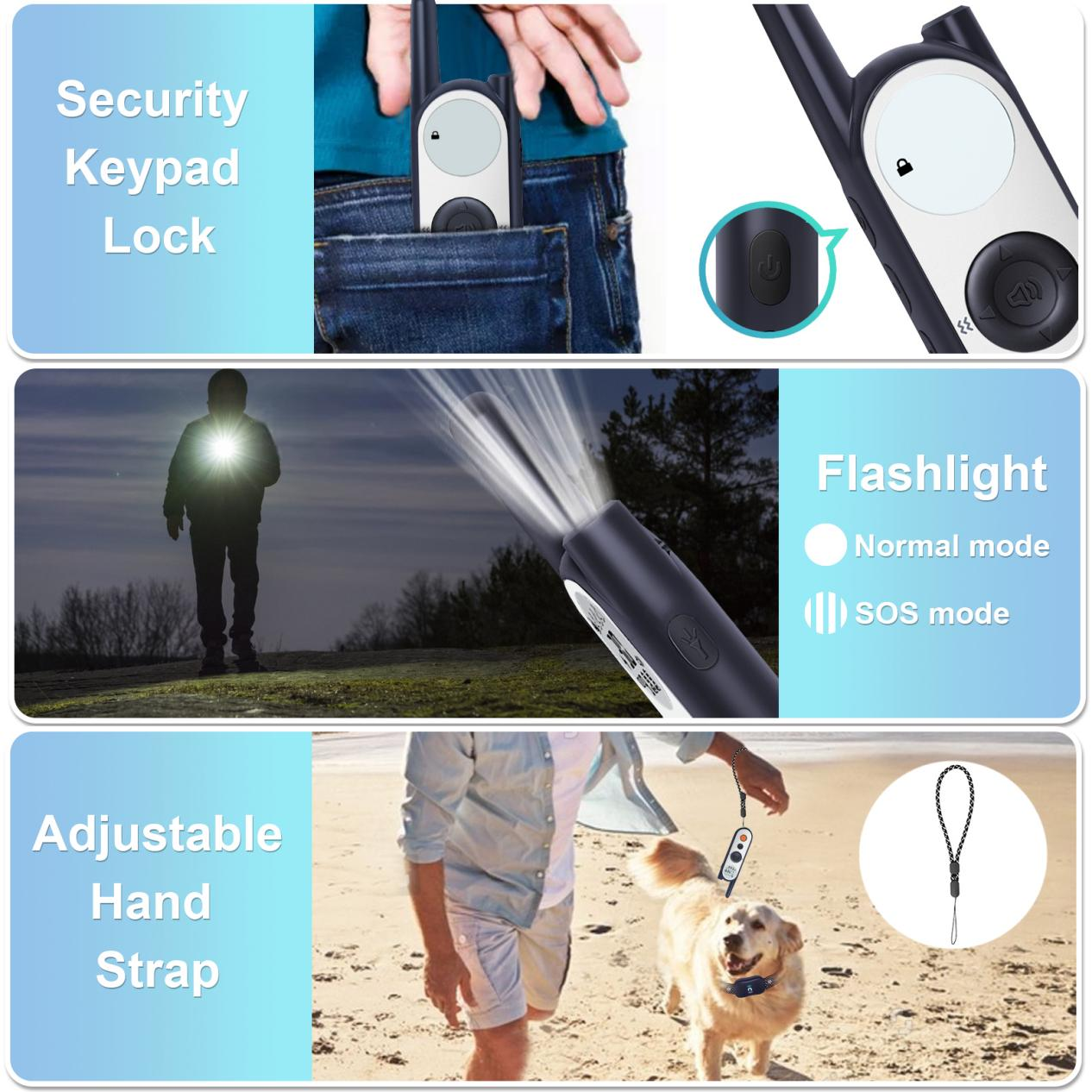Choosing the right collar is an important decision for your furry best friend. With so many options available, it can be overwhelming to know which one is best for your puppy. Whether you have a small, medium, or large dog, there are different types of collars to suit your pet's needs.

Standard Flat Collar: This is the most common collar type and is available in a variety of materials such as nylon, leather, or cotton. They are perfect for everyday use and perfect for attaching identification tags and belts. Flat collars are suitable for well-behaved dogs who don’t pull on the leash excessively.
Martingale Collar: Also called a limited-slip collar, it is designed for dogs who tend to slip out of the collar. When the dog pulls, they tighten slightly, preventing them from escaping. They are a good choice for dogs with narrow heads, such as greyhounds and whippets.
Prong collars: These collars have metal prongs that pinch the dog’s neck when the dog pulls on the leash. They are controversial and are not recommended by many trainers and veterinarians because they can cause physical and emotional harm to dogs.
Chain Slip Collar: Also called a choke chain, these collars are made of a metal chain that tightens around the dog's neck when pulled. Like prong collars, they are controversial and are not recommended for most dogs because they can cause injury if used incorrectly.
Head collars: These collars fit around the dog's nose and behind the ears, giving the owner more control over the dog's movements. They are ideal for dogs with strong pulls or a tendency to attack other dogs or people. Headbands are a useful training tool, but should be introduced slowly to allow the dog to get used to wearing them.
Harness: Unlike a collar, a harness wraps around the dog's body, distributing the pressure of the leash onto the dog's chest and shoulders rather than onto the neck. They are a good choice for dogs with respiratory problems, brachycephalic breeds, or dogs with a tendency to pull on the leash. There are different types of harnesses available, such as front-clip, rear-clip, and no-pull harnesses, each serving a specific purpose.
GPS collar: A GPS collar is a good choice for pet parents who want to track their dog’s whereabouts. They come with tracking devices, which are great for dogs who like to roam alone. However, it is important to ensure that the GPS collar is comfortable and does not sit too heavy on the dog's neck.
Choosing the right collar for your dog depends on their size, breed, and behavior. It's important to consider your dog's individual needs and consult a professional trainer or veterinarian if you're not sure which type of collar is best. Remember, the most important thing about any collar is that it fits well and does not cause any discomfort or harm to your furry friend.
All in all, there are many types of dog collars to choose from, each serving a specific purpose. From standard flat collars to harnesses and GPS collars, pet parents have a variety of options to choose from. When choosing a collar, it’s important to consider your dog’s size, breed, and behavior, and always prioritize comfort and safety. Whether you want to control your dog's pull, track their movements, or just keep them safe, there's a collar that's perfect for your furry companion.
Post time: Feb-01-2024









